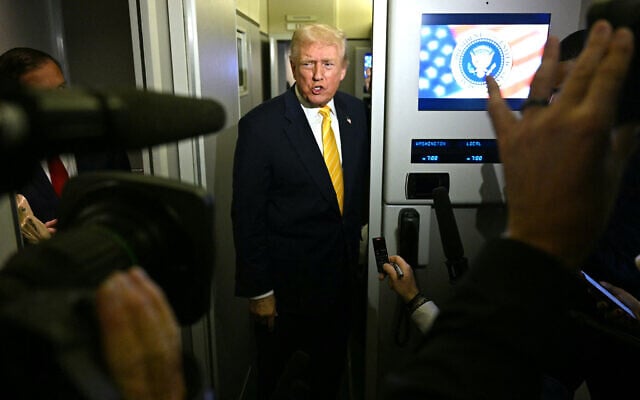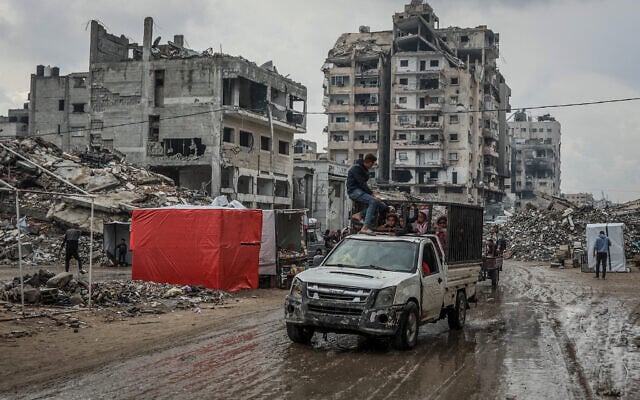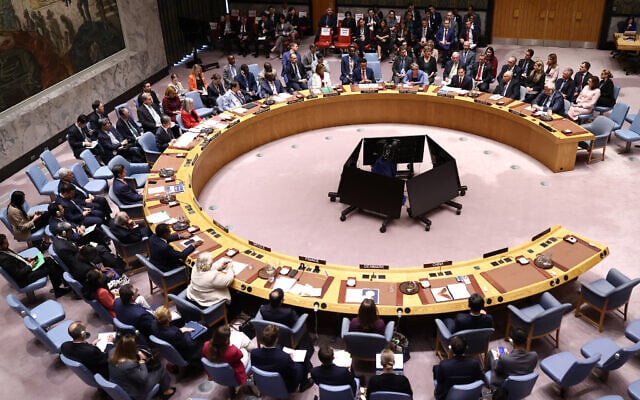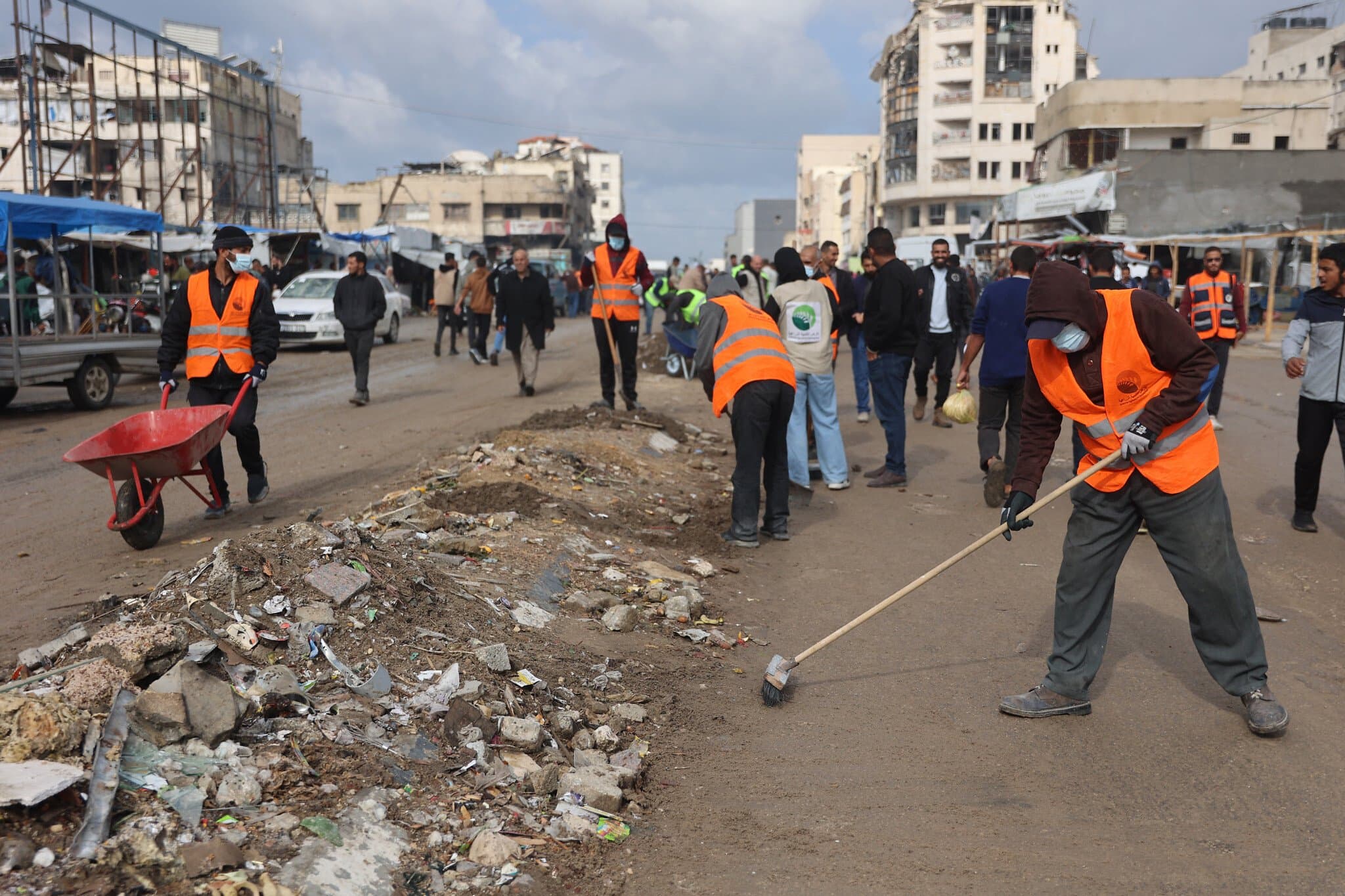The Trump administration is looking to forgo the stage in its peace plan calling for the deployment of a stabilization force to Gaza to disarm Hamas, so it can move ahead with starting to rebuild the enclave, according to an Israeli television report Saturday.
The current ceasefire, which has been in place since early October, is still only in its first phase as talks on further steps have stalled over the details of Hamas’s demilitarization and the future governance of the Gaza Strip.
However, the potential change in the White House’s direction is causing talks with Israel on Gaza’s future to “deadlock,” a source told Channel 13 news.
An Israeli security source added that since the White House is having trouble getting commitments from third-party countries to participate in disarming Hamas, it has since begun pursuing “interim solutions, which are currently unacceptable to Israel.”
“This interim situation is the worst there is,” a senior Israeli source told the outlet. “Hamas has been strengthening in recent weeks since the end of the war.”
“There can be no rehabilitation before demilitarization. It is contrary to Trump’s plan. Gaza must be demilitarized,” a security official said.

The US, which has acted as the guarantor of the agreement, is pushing a resolution to a vote at the UN Security Council on Monday, a draft of which was obtained and verified by The Times of Israel last week. The draft included the entirety of US President Donald Trump’s 20-point plan, which Prime Minister Benjamin Netanyahu also endorsed in a joint press conference with the president in September.
The draft authorized member states to “establish a temporary International Stabilization Force,” and indicated the mandate would run through 2027. Countries that expressed willingness to contribute troops have said they would need a UN resolution enshrining the force.
According to a report published Saturday by the Kan public broadcaster, Israel in recent days has begun initial preparations for the influx of thousands of foreign soldiers into Gaza, anticipating that the UN Security Council will pass the resolution.

Israel is looking for the foreign forces to be given broad powers to disarm Hamas, the report said, though most countries that have expressed interest in participating in the ISF have said they would not be willing to enforce the disarmament of terror groups in the Strip, and would only act as a peacekeeping force.
In a joint statement arranged by the US on Friday, multiple countries working toward an end to the Gaza conflict voiced backing for Washington’s UN Security Council resolution.
The statement, supported by Qatar, Egypt, the United Arab Emirates, Saudi Arabia, Indonesia, Pakistan, Jordan and Turkey, noted that the process “offers a pathway to Palestinian self-determination and statehood.”
Meanwhile, Russia — a veto-wielding member of the Security Council — circulated a competing draft resolution to council members that does not authorize the creation of a board of peace or the immediate deployment of an international force in Gaza, according to the text seen Friday by AFP.

The Russian version welcomes “the initiative that led to the ceasefire,” but does not name Trump. It also only calls on the UN secretary-general to submit a report that addresses the possibilities of deploying an international stabilization force in war-ravaged Gaza.
Ahead of the vote, Russian President Vladimir Putin and Netanyahu held a phone call Saturday evening, the Kremlin said, adding that the two discussed the situation in the Middle East, including developments in Gaza, Iran’s nuclear program, and Syria.
Putin initiated the phone conversation with Netanyahu, according to the Israeli readout.
The call was the latest in a series of recent conversations, according to Netanyahu’s office. The calls “dealt with regional issues,” the PMO added, without elaborating.

